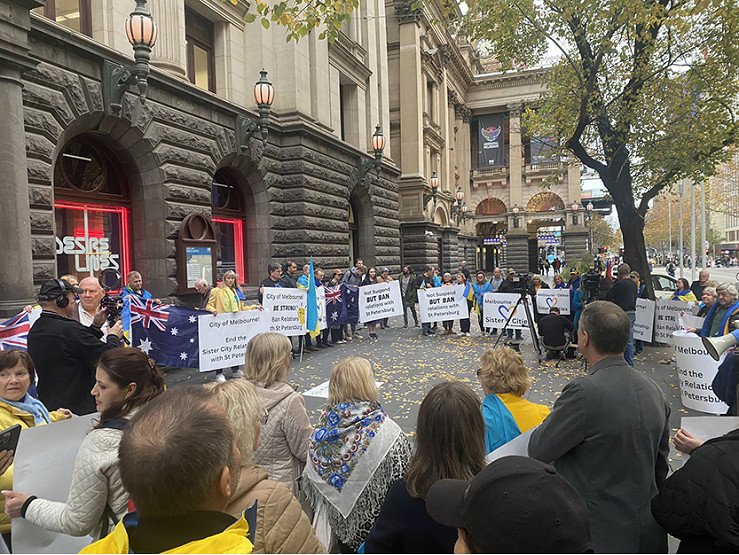Engaging in local politics is a powerful way to influence decisions that affect your community and improve the quality of life in your area. Whether you’re passionate about a specific issue or simply want to contribute to positive change, there are several effective ways to get involved. Here’s a guide on how to engage in local politics and make a meaningful impact.

Attend Local Government Meetings
One of the simplest ways to get involved in local politics is by attending government meetings. City council meetings, town hall meetings, and school board meetings provide a platform for residents to learn about local issues, express their opinions, and stay informed about decisions affecting their community.
By attending these meetings, you can gain insight into the workings of local government, understand current issues, and voice your concerns or suggestions. Engaging in these forums helps build awareness and keeps local officials accountable to their constituents.
Volunteer for Local Campaigns
Volunteering for local political campaigns is another effective way to engage in local politics. Campaigns often need help with canvassing, phone banking, event organizing, and other activities. By volunteering, you can support candidates or initiatives that align with your values and contribute to their success.
Volunteering not only allows you to help shape local politics but also provides opportunities to connect with other community members who share your interests. It’s a hands-on way to influence elections and advocate for issues important to you.
Join Local Advocacy Groups
Local advocacy groups work on a variety of issues, from environmental protection to social justice. Joining these groups allows you to collaborate with others who are passionate about similar causes and participate in efforts to effect change.
Advocacy groups often organize events, campaigns, and initiatives that address specific local issues. By joining and actively participating in these groups, you can contribute to efforts that drive policy changes and raise awareness about important issues.
Run for Local Office
If you’re interested in having a direct impact on local politics, consider running for local office. Positions such as city council member, school board trustee, or mayor offer opportunities to influence decision-making and address community needs.
Running for office requires commitment, but it can be a rewarding way to contribute to local governance. Start by researching the requirements for running in your area, developing a campaign platform, and building a network of supporters. Running for office allows you to advocate for policies you believe in and directly shape the future of your community.
Engage in Community Boards and Committees
Many local governments have community boards or committees that focus on specific issues, such as zoning, parks, or public safety. Getting involved in these boards or committees provides a platform to influence decisions and contribute to local planning.
Participation in these groups often involves reviewing proposals, providing feedback, and working with other community members to address local challenges. Engaging in community boards or committees allows you to have a direct impact on how local resources are allocated and how community needs are addressed.
Stay Informed and Educate Others
Staying informed about local politics and educating others is crucial for effective engagement. Follow local news, read updates from local government websites, and stay connected with community organizations. By being well-informed, you can participate more effectively in discussions and decision-making processes.
Additionally, sharing information and educating others about local issues can help raise awareness and encourage more people to get involved. Organize informational events, write articles, or use social media to spread knowledge and motivate others to participate in local politics.
Advocate for Policy Changes
Advocating for policy changes is another way to engage in local politics. Identify issues that need attention and work to raise awareness among community members and local officials. This can involve organizing petitions, attending public hearings, or meeting with elected representatives to discuss policy proposals.
Advocacy efforts can lead to meaningful changes in local policies and improve conditions in your community. By presenting well-researched arguments and mobilizing support, you can influence decision-makers and contribute to positive outcomes.
Build Relationships with Elected Officials
Developing relationships with local elected officials is key to effective engagement in local politics. Reach out to your representatives, attend their events, and communicate your concerns and ideas. Building a rapport with officials can help ensure that your voice is heard and that your issues are considered in decision-making processes.
Maintaining an open line of communication with elected officials also allows you to stay updated on their work and participate in ongoing discussions about community needs and priorities.
Conclusion
Engaging in local politics involves a variety of activities, from attending government meetings and volunteering for campaigns to joining advocacy groups and running for office. By participating in these ways, you can influence decisions, contribute to community improvements, and help shape the future of your area. Staying informed, building relationships with officials, and advocating for change are essential steps in making a meaningful impact in local politics. Your involvement can lead to positive changes and a stronger, more connected community.




